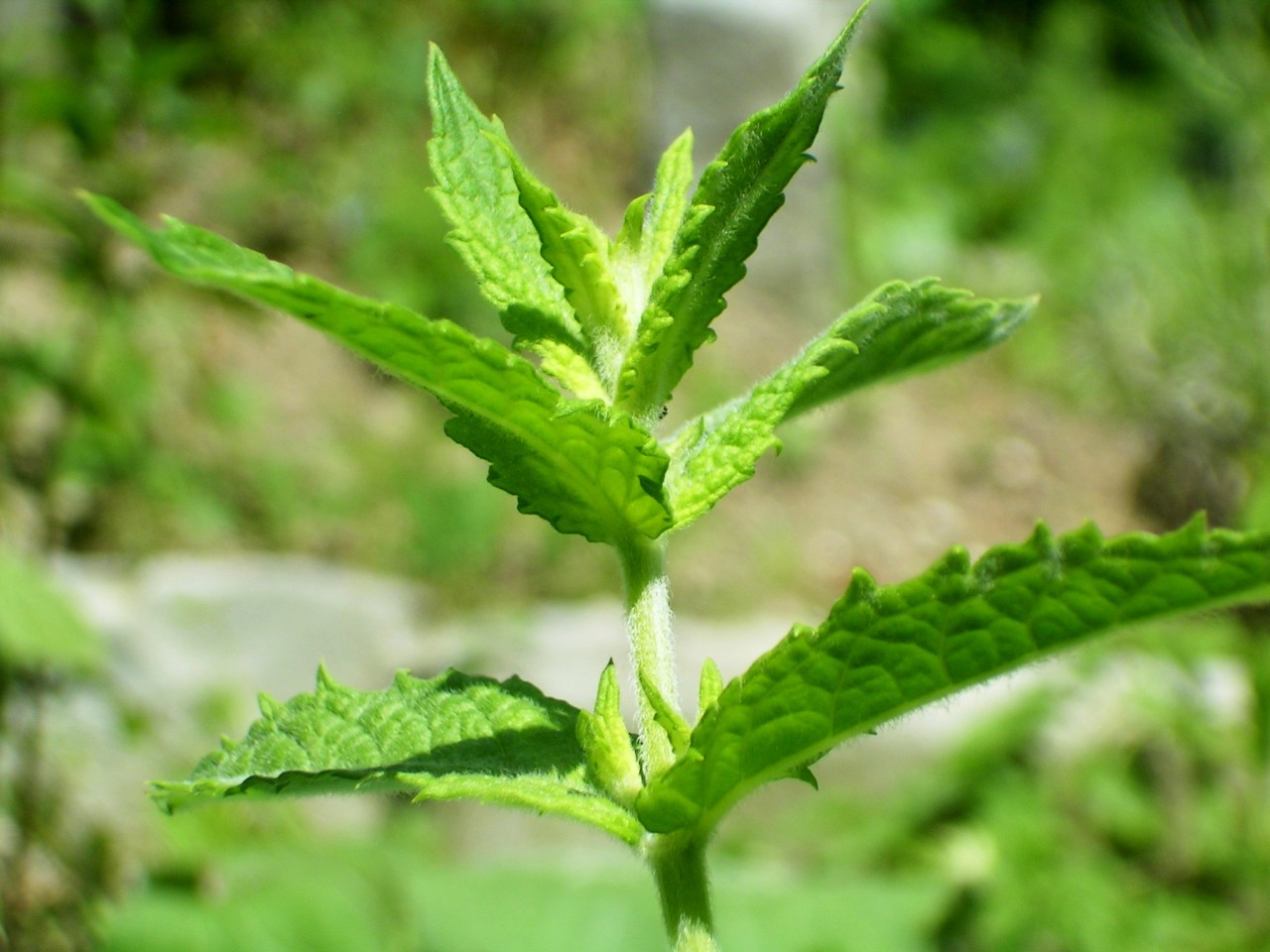Phytotherapy Blog
Spearmint (Mentha spicata) antiandrogenic activity and PCOS
M. spicata contains about 0.21–2.1% volatile oil, 29–74% carvone, 4–24% limonene and 3–18% cireole. Carvone is the most important constituents of M. spicata.(Akdogan et al. 2007) Carvone has some endocrine function but it is not well studied.https://pubmed.ncbi.nlm.nih.gov/17310494/
Clinicians have investigated whether the men who live in Yeniarbademli town have been admitted to the hospitals with the complaints of diminished libido. They thought that daily consumption of four cups of tea steeped with M. spicata or M. piperita caused diminished libido.(Akdogan et al. 2007)https://pubmed.ncbi.nlm.nih.gov/17310494/
A single-blind randomised clinical trial found that a herbal mixture of Mentha spicata, Zingiber officinale, Cinnamomum zeylanicum, and Citrus sinensis along with clomiphene citrate was found to improve free testosterone, HOMA-IR, lipid profile, and clinical features of 60 women with PCOS.Free full article: https://www.ncbi.nlm.nih.gov/pmc/articles/PMC7667414/
Spearmint (Mentha spicata) has no significant toxic effect on the reproductive system, fertility and number of offspring in adult male rats (dose: 40 mg/kg spearmint extract orally for 45 days).
Reference (full, free article): https://www.ncbi.nlm.nih.gov/pmc/articles/PMC4224956/
Spearmint tea and PCOS
A randomised controlled trial has found that spearmint herbal tea has significant anti-androgen effects in 42 women with polycystic ovarian syndrome.
The women drank spearmint tea twice daily.
Free and total testosterone levels were significantly reduced over the 30 day period in the spearmint tea group (p < 0.05). LH and FSH also increased (p < 0.05).
Patient's subjective assessments of their degree of hirsutism scored by the Dermatology Quality of Life Index were significantly reduced in the spearmint tea group (p < 0.05).
While these hormonal changes were associated clinically with a reduction in the self-reported degree of hirsutism there was no significant reduction in the objective Ferriman-Galwey ratings of hirsutism between the two trial groups over the trial duration (p = 0.12). It is very likely that the study period of just 30 days is too short.
The authors conclude that the time taken for hirsutism to resolve is significant and a much longer future study is proposed as the preliminary findings are encouraging that spearmint has the potential for use as a helpful and natural treatment for hirsutism in PCOS.Reference: https://pubmed.ncbi.nlm.nih.gov/19585478/
https://www.facebook.com/phytotherapydeskreference
When you subscribe to the blog, we will send you an e-mail when there are new updates on the site so you wouldn't miss them.

 I firmly believe in the value and preservation of traditional medicine. I work to inform health professionals about the incredible value of medicinal plants and I work with industry to improve the quality of the medicinal products made from medicinal plants and nutrients.
I firmly believe in the value and preservation of traditional medicine. I work to inform health professionals about the incredible value of medicinal plants and I work with industry to improve the quality of the medicinal products made from medicinal plants and nutrients.